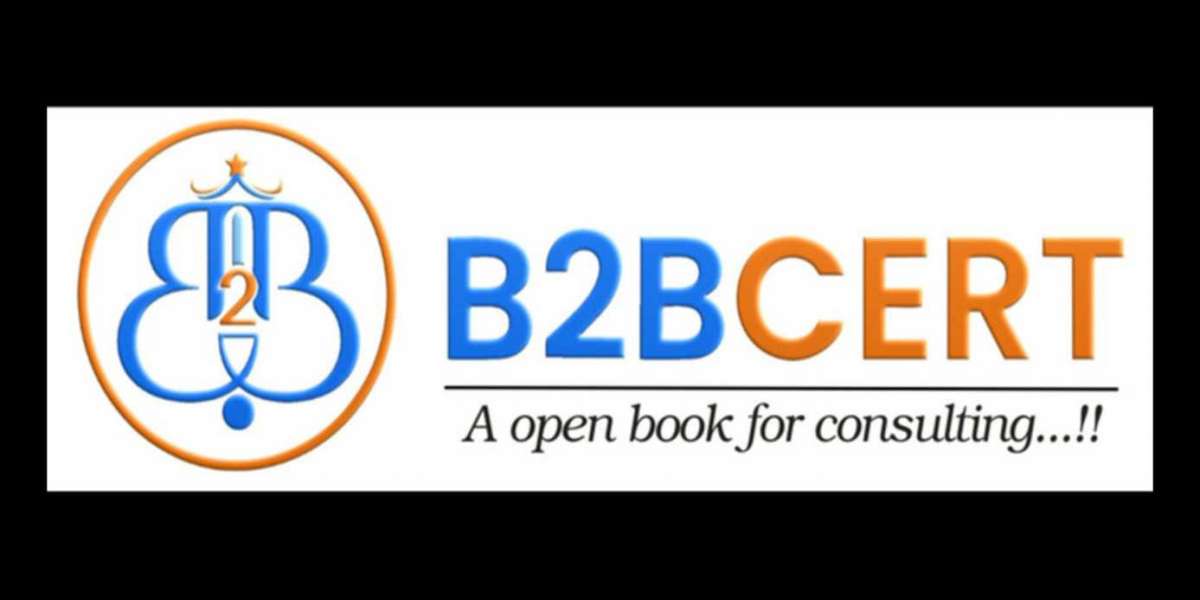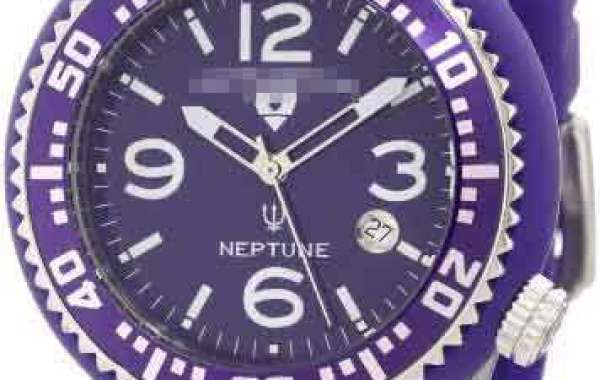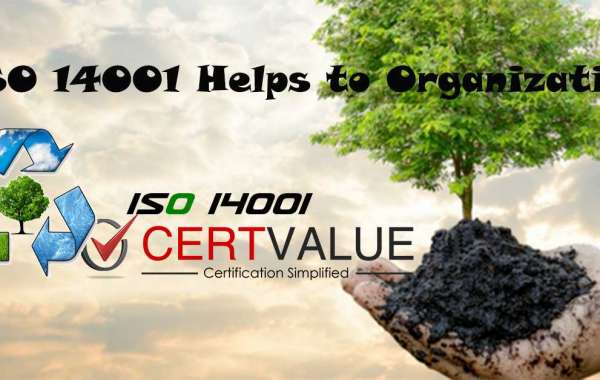The process of certifying goods and services as adhering to Islamic dietary regulations is called "Halal" in Arabic. In Islam, the term "halal" refers to a broad category of consumables, including food, drinks, cosmetics, medications, and more. It also implies "permissible or lawful." Halal certification in Qatar guarantees that the production, processing, and handling of these products adhere to Islamic values. For Muslim customers who wish to make sure the goods they buy and eat are in line with their religious convictions, halal certification is crucial. It is also essential to international trade since many nations with sizable Muslim populations demand that imported goods be certified as Halal.
While different nations and certification authorities may have varying rules and standards for Halal certification, the basic idea is that items must adhere to Islamic ethical and nutritional guidelines.
Benefits of Halal certification for Food Business
Access to a Growing Market: There are a large number of Muslims worldwide who are continuing to expand. Businesses can take advantage of this growing market sector and potentially enhance sales and revenue by obtaining halal certification.
Enhanced Customer Confidence: Halal implementation in Qatar gives food fosters confidence among Muslim buyers. Customers are reassured that food meets their dietary and religious criteria when it bears the Halal certification.
Competitive Advantage: Possessing a Halal certification can help your company stand out from rivals who lack it. In areas where there is a sizable Muslim population, it may serve as a differentiator.
International Market Expansion: Strict import laws apply to a number of nations and areas, including Southeast Asia and the Middle East.
Improved Food Safety and Quality: Obtaining halal certification frequently entails stringent compliance checks and inspections, which can result in better food safety and quality control procedures inside your company.
Access to Trade fairs and Halal Food Events: Possessing a Halal certification may enable you to attend trade fairs and Halal food events, giving you the chance to network and present your goods to a specific clientele.
What are Basic requirements for obtaining Halal certification in Qatar
Halal Requirements Compliance with Islamic Dietary Laws: Make sure that all food items, ingredients, and preparation methods adhere to Islamic dietary regulations. This involves staying away from things like alcohol, pork, and other derivatives that aren't Halal.
Registration with Relevant Authorities: Register your company with the relevant certification or regulatory agency in Qatar that is in charge of halal certification. This is frequently done in Qatar through the General Organization for Standardization of Qatar (QGOS).
Product Evaluation: Halal Certification process in Qatar gives thorough details regarding the components and procedures used to make your food goods. The certifying authority will determine if your items are compliant with Halal regulations.
cleanliness and sanitation: To avoid cross-contamination with non-Halal materials, uphold a strict standard of cleanliness and sanitation in all areas of your food manufacturing and handling operations.
Labeling: Verify that the product labels accurately and conspicuously bear the mark or logo of the Halal certification.
Fee for Halal Certification: Remit the required money for the certification procedure. Depending on the certifying authority and the intricacy of your operation, these costs may change.
Renewal and Recertification: To guarantee continuous compliance, be ready for routine audits for renewal and recertification, which are usually carried out once a year.
What makes a Halal certificate valuable?
Muslims only eat food that is allowed by Islamic law. Therefore, in order to ensure that people understand that you are abiding by Islamic law and that all of your products are 100% allowed, you must make sure that each one of your products has a halal certificate and that it is prominently displayed to them in order to gain their trust.
Businesses that post tenders, whether they be for the public or private sector, state that in order to meet the requirements of the standard, businesses must have a halal certificate for their products; otherwise, the eligibility requirements will not be met. In Qatar, obtaining Halal Certification is one approach to increase the reach and reputation of your business. By putting halal processes into place, your company will be able to follow a methodical approach, which will improve the work environment's effectiveness.
How to Get Halal Certification in Qatar ?
Halal consulting services in Qatar - Our team of professionals, which consists of lead auditors and technical specialists from Halal Certification authorities, has evaluated over 500 businesses collectively. We have excellent connections with more than 133 Halal Certification organizations worldwide. All national and international norms and guidelines are supported by us.








